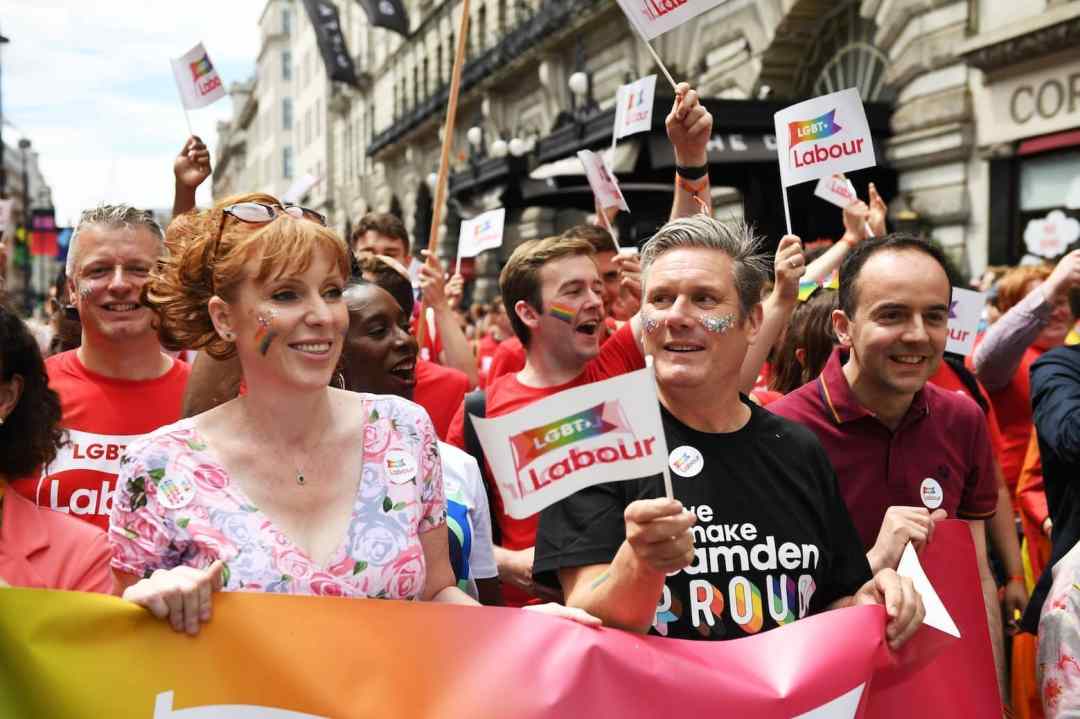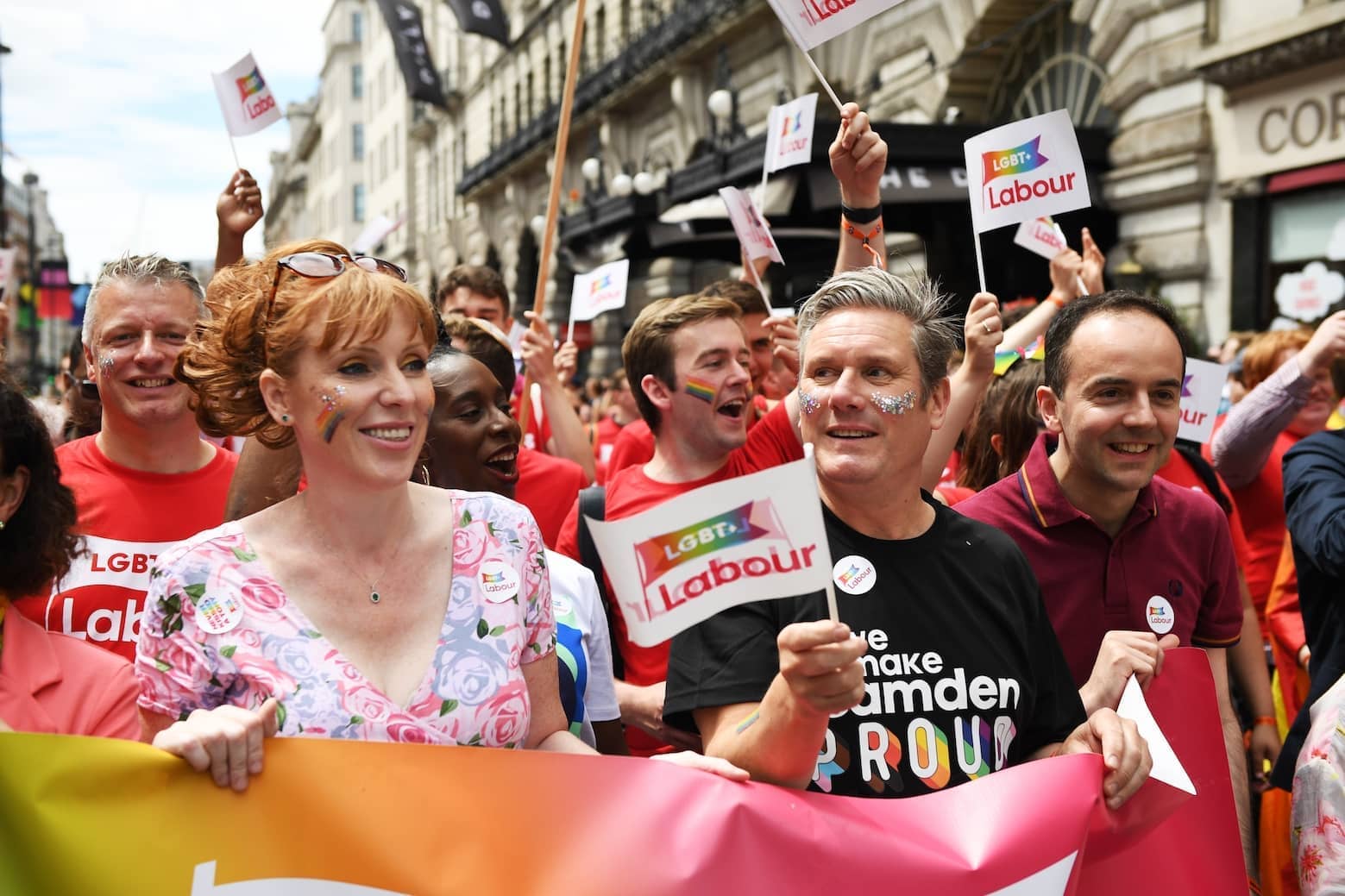Amid the noise of the Tory leadership fight, some significant comments in the papers could be missed today. Here’s the quote, from a Sunday Times interview with an intelligent, ambitious female politician in her forties:
Biology is important. A woman is somebody with a biology that is different from a man’s biology. We’re seeing in sport sensible decisions being made about who cannot compete in certain cases.
Could it reflect a new approach to trans issues from the Labour leadership?
She says she would ‘have a problem’ with someone with male genitals identifying as a woman and using a female changing space, and isn’t entirely sold on the use of gender pronouns. ‘You don’t have to say to someone, “Shall I call you he or she?” – it’s pretty obvious. But there are also difficult cases of somebody who is born as one sex and defines as another. I wouldn’t want to deny their right to define themselves in the way they want to be defined.’
Even by the standards of recent days, that’s pretty punchy. In particular that line on rejecting pronouns because ‘it’s pretty obvious’ strikes me as potentially controversial. I certainly know people and groups who would find that offensive. No candidate in the Tory race has thus been so outspoken on sex and gender. So are those quotes above yet another Conservative attempt to stoke a culture war?
That phrase has been used a lot recently, generally with disapproval and often by people keen to dismiss the concerns that some women raise about the impact of trans-rights policies on their rights and standing. And framing women’s concerns as the product of right-wing, social conservative politics makes them easier for lots of people in politics and the media to ignore and denigrate those concerns as marginal and ideological.
Of course, there’s nothing illegitimate about being either right-wing or socially conservative (I’m neither) but in much of our public discourse, those things are routinely denigrated, put beyond the pale of acceptability. So it’s significant that the author of those comments above cannot possibly be described as a right-winger or a social conservative. She is Rachel Reeves, Labour’s shadow chancellor.
The fact that Reeves, as smart and decent a politician as you’ll find in the Commons today, has said these things could have many implications. Could it strain Labour unity? It’s pretty hard to reconcile those comments with the position of some of her frontbench colleagues.
Could it reflect a new approach to trans issues from the Labour leadership? Reeves is today taking a much clearer line than Sir Keir Starmer, who has been more equivocal. I don’t know the answer to those questions, which can wait for another day.
My point here today is simpler. Rachel Reeves, the Labour shadow chancellor, has backed banning transwomen from women’s sport and excluding them from women’s spaces. And she’s rejected using gendered pronouns. By doing so, Reeves has provided yet more evidence to prove that concerns about trans rights policies and their impact on women’s rights are not right-wing or conservative. Nor are they marginal or ideological.








Comments